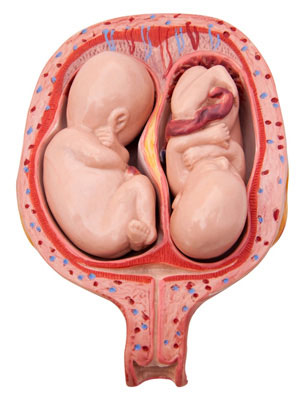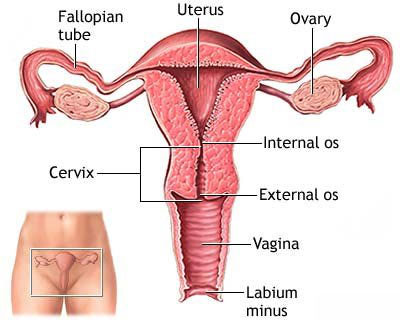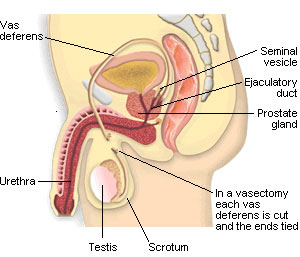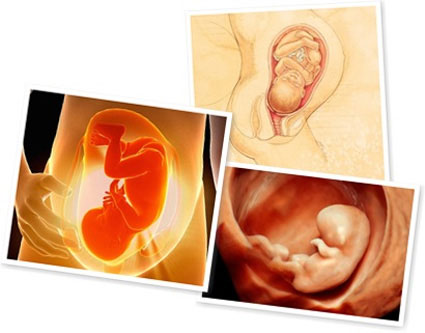In this articleShould you travel when pregnant?Air TravelRoad TravelOther PrecautionsShould you travel when pregnant? If you are a healthy person and are on your way to an uncomplicated pregnancy, there is no reason you should not be able to travel during pregnancy. However, certain precautions need to be taken. Air Travel If you need to undertake a long air journey when pregnant, it is best to do so in the second trimester. During this time you are feeling healthier and you are too far away from having a premature delivery. In case you need to travel closer toward your due date, avoid flying in any case six weeks prior to your due date. However, this does not mean that it is perfectly safe to do so. Sarita, who was seven months pregnant, undertook a journey to the United States from India, and gave birth to a six-week premature baby. Everything turned out to be fine, but such a situation should best be avoided. So if you ever need to fly after your second trimester, it makes sense to speak to your doctor before taking the flight. Also get a letter from your doctor specifying the date your baby is due, as the airlines may not allow you on board. They dont want you delivering your baby on the plane! Make it a point to get up and walk around during the flight, to ensure proper circulation. You dont want blood to pool in your legs leading to blood clots. Take all other precautions you should be taking when flying like drinking a lot of water, stretching during the flight and so on. Road Travel It is usually safe to travel by train at any time of your pregnancy, but try to avoid travel by car or train until you have completed the first trimester. Get up and stretch every two hours when traveling by train. If you are traveling by car, once again try to travel only in the second trimester. Car journeys are not always smooth, especially if you are traveling over bumpy roads. Always slow down to a snails pace when traveling on a bumpy road, and every time you sit in a car, always, always wear your seat belt! Place the seat belt below your abdomen; it should not sit across your tummy. Other Precautions Find out whether the place you are traveling to has adequate medical facilities in case of emergencies, and it should be equipped to deal with caesarean sections. Dont travel to a place which is located at a very high altitude towards the end of your pregnancy. If you do so, take it easy the first few days and give your body a chance to acclimatize itself. Eat only well cooked meals and avoid raw foods and salads. You dont want to fall ill at this stage. Make sure your vaccinations are up to date before traveling. It is important to get your health insurance done, especially if you are traveling to a place where medical care is expensive. The plan should include medical costs for the newborn as well. If you are holidaying during your pregnancy, avoid adventure sports. Scuba diving should be avoided at all costs. Spend your holiday lying back, enjoying the change of scene and pampering yourself.
Should you travel when pregnant?
If you are a healthy person and are on your way to an uncomplicated pregnancy, there is no reason you should not be able to travel during pregnancy. However, certain precautions need to be taken.
Air Travel
If you need to undertake a long air journey when pregnant, it is best to do so in the second trimester. During this time you are feeling healthier and you are too far away from having a premature delivery. In case you need to travel closer toward your due date, avoid flying in any case six weeks prior to your due date. However, this does not mean that it is perfectly safe to do so. Sarita, who was seven months pregnant, undertook a journey to the United States from India, and gave birth to a six-week premature baby. Everything turned out to be fine, but such a situation should best be avoided. So if you ever need to fly after your second trimester, it makes sense to speak to your doctor before taking the flight. Also get a letter from your doctor specifying the date your baby is due, as the airlines may not allow you on board. They don't want you delivering your baby on the plane!
Make it a point to get up and walk around during the flight, to ensure proper circulation. You don't want blood to pool in your legs leading to blood clots.
Take all other precautions you should be taking when flying like drinking a lot of water, stretching during the flight and so on.
Road Travel
It is usually safe to travel by train at any time of your pregnancy, but try to avoid travel by car or train until you have completed the first trimester. Get up and stretch every two hours when traveling by train. If you are traveling by car, once again try to travel only in the second trimester. Car journeys are not always smooth, especially if you are traveling over bumpy roads. Always slow down to a snail's pace when traveling on a bumpy road, and every time you sit in a car, always, always wear your seat belt! Place the seat belt below your abdomen; it should not sit across your tummy.
Other Precautions
Find out whether the place you are traveling to has adequate medical facilities in case of emergencies, and it should be equipped to deal with caesarean sections.
Don't travel to a place which is located at a very high altitude towards the end of your pregnancy. If you do so, take it easy the first few days and give your body a chance to acclimatize itself.
Eat only well cooked meals and avoid raw foods and salads. You don't want to fall ill at this stage.
Make sure your vaccinations are up to date before traveling.
It is important to get your health insurance done, especially if you are traveling to a place where medical care is expensive. The plan should include medical costs for the newborn as well.
If you are holidaying during your pregnancy, avoid adventure sports. Scuba diving should be avoided at all costs. Spend your holiday lying back, enjoying the change of scene and pampering yourself.































